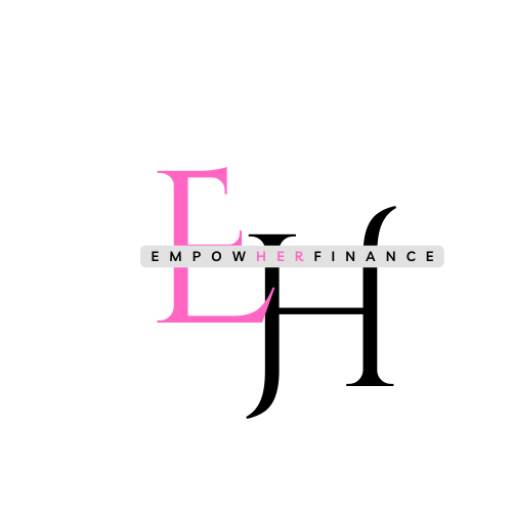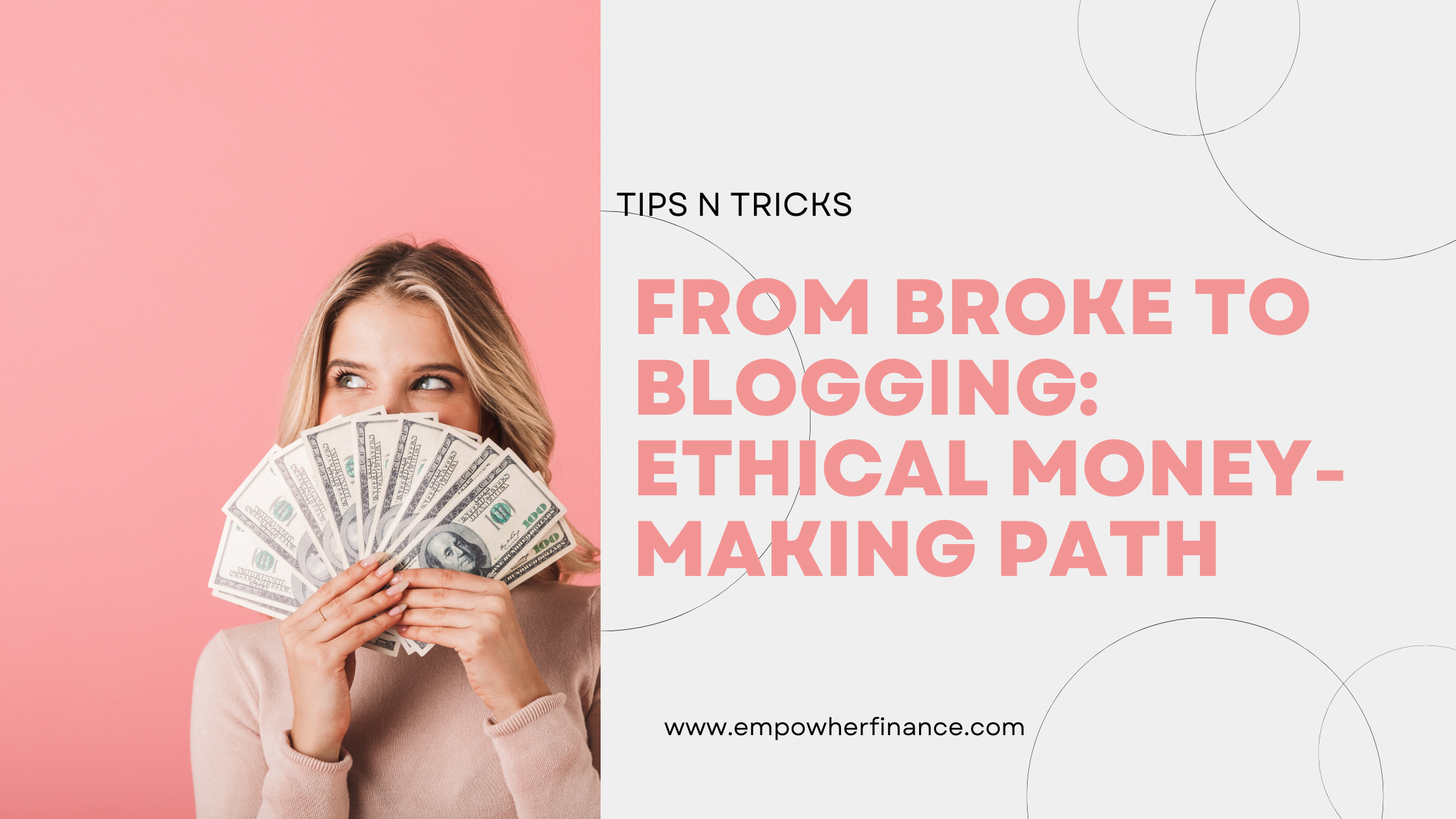Today, we’re excited to bring you an in-depth look at the world of freelancing. Whether you’re considering a career change, looking for a side hustle, or simply curious about the gig economy, this featured story will give you valuable insights into the freelance lifestyle.
So, grab a cup of coffee, get comfortable, and prepare to explore the exciting possibilities that freelancing can offer. Who knows? By the end of this article, you might be ready to embark on your own freelancing journey.
Imagine lounging by the beach and soaking up the sunshine while getting caught up on a day’s work, narrated by the gentle rhythm of lapping waves.
Sounds like a wild, far-off dream, right?
Wrong!
Thanks to freelance platforms like Fiverr and Upwork, making money online is more accessible than ever before. For the first time, the prospect of crafting something exceptional with nothing but a laptop and an ambition is truly achievable.
What is Freelancing?
You’ve probably heard the word more often since the pandemic kicked off the remote working craze, but what actually is freelancing? Essentially, it’s a type of self-employed work in which a person completes specific projects for various clients, rather than being employed by one company or boss. Freelancers can work remotely, set their own schedule, and accept projects as and when they please. This makes it a flexible and attractive career option for many.
My Freelancing Story
From editing the school newspaper as a child, to launching my first blog at 19 and studying Magazine Journalism at university, writing was always second nature to me. And with an independent and deeply introverted spirit, I loved the idea of working for myself. Clueless but determined, I signed up for Fiverr on a whim in 2019. I was still at university studying for a Psychology degree, but every extra hour was spent building my portfolio.
In 2020, I took a leap of faith during the UK’s first lockdown, quitting my day job to focus fully on my freelancing dream. Since then, I’ve been lucky enough to go full-time and build a wonderful and loyal clientele, accumulating 250+ five-star reviews. And while earning roughly 4x my employed hourly wage is without a doubt a perk of the job, what I truly value is the freedom freelancing has given me. I’ll never take for granted the ability to travel, take time off when I please, pick and choose projects, and set my own working hours.
In this blog post exploring freelancing for beginners, I’ll share some of my best secrets to success.
What are the key Benefits of Freelancing?
Like any career choice, freelancing comes with its challenges, but the rewards are well worth persevering for.
Some of my favorite things about freelancing are:
- Flexibility and freedom to work when you want, where you want, and as much (or little) as you want.
- Having the ability to take a last-minute vacation or day off for a social event.
- Incredible job satisfaction from seeing projects through from start to finish.
- The ability to set your own rates that reflect your initial and developing skill level.
- Being able to be selective over the projects you take on.
- Saying goodbye to long and draining commutes.
- Unlimited earning potential – no salary means no cap on what you can earn.
What Challenges Might you Face as a new Freelancer, and how can you Overcome Them?
Challenge #1: Financial Uncertainty
A key benefit of employment is that you can pretty much rely on your next paycheck. As a freelancer, financial planning can be a lot more difficult. No project is guaranteed, and you never know what the next month will hold. What’s more, being self-employed means you won’t get sick pay should you fall victim to illness or injury.
How can you beat financial insecurity as a freelancer?
Budget carefully and commit to saving. I really get it – when finally cashing in on a big project after days or weeks of hard work, the temptation to indulge in a shopping spree can be overwhelming. I’ve been there – and I’ve certainly given in to the urge from time to time!
But the key to managing financially as a freelancer is to keep a solid emergency fund. This way, if you have a quiet month or find yourself in an unexpected situation, you will be better equipped to cope. I try to save 20% of all my income. Depending on where you’re at in your career, you might save more or less than this – the key is to save something.
Challenge #2: Difficulty Finding Freelance Work
With a small portfolio and no testimonials to verify your credibility, landing those first few clients can be tough. Starting with lower rates can work up to a point, but it’s not ideal and can even be off-putting if you set them too low. After all, would you want to hire someone who placed such a low value on their own work?
So, now you know what not to do, what better ways are there to find freelance work as a beginner?
Advertise and network relentlessly. Just get your name out there however you can. There are countless great ways to do this, but I’d advise starting with the following:
· Establish Your Online Presence
Nowadays, most clients find their freelancers online. If you want them to find you, you’ve got to be visible. Crafting a comprehensive LinkedIn profile is a great place to start. This can essentially serve as a resume, offering potential clients a glimpse into your expertise. Include a professional headshot,1 and make sure every section is filled out in detail.
Consider displaying an online portfolio, too. This can be done via freelance platforms like Fiverr and Upwork (more on this below!) Alternatively, you can create your own simple yet sleek website at a fairly low cost. According to Upwork, freelancers who have a portfolio are hired 9x more often than those who don’t.2
· Join Freelance Platforms
Freelance platforms continue to gain momentum and recognition in 2024, with Fiverr reporting an increase of 7.1% in revenue last year.3 Reputable online freelancer marketplaces are an attractive option for potential clients; they’re easy to browse, convenient, and provide peace of mind when hiring for the first time.
The most popular freelance platforms include Fiverr, Upwork, Freelancer.com, People Per Hour, and Guru.4For most beginner freelancers, Fiverr and Upwork are great starting points. I’d personally advise establishing a strong presence on one (or maybe two) platforms initially, rather than trying to tackle them all at once. It’s better to master one than put 20% effort into five.
· Build Your Brand and Find Your USP
While increased popularity of freelance platforms means greater choice for buyers, it also means more competition for freelancers. Building a brand doesn’t just mean choosing a fancy logo and catchy tagline – it also means researching your industry and figuring out what will set your service apart from your competitors’. This will become your unique selling point (USP), and an intrinsic part of your brand.
· Nurture Relationships With Other Freelancers
Research networking events in your city, or connect with other freelancers online (e.g., through LinkedIn). While it might seem counterintuitive, other freelancers can be an asset to you. For instance, if they have a client looking for a service they don’t offer but you do (or if they’re fully booked), they might be willing to refer them to you.
It’s important to achieve this professionally, though; sending hundreds of generic messages offering to do other freelancers’ projects simply won’t work. The key to success here is to build genuine, respectful, and mutually beneficial professional relationships.
Challenge #3: Maintaining a High Level of Productivity
Making money online will only ever be financially beneficial if you’re able to maintain self-discipline and focus. You must be able to complete projects in a timely manner, even without the watchful eye of a boss or supervisor looming over you.
How can you maintain productivity as a freelancer?
- Time blocking. Every Sunday, I go through my orders and to-do list for the upcoming week and plan each day by the hour in my digital calendar (you don’t need anything fancy – Google or Apple calendars work just fine!) This helps me plan a steady schedule that won’t leave me rushing to complete projects.
- Eliminate distractions. Turn off the TV, and wave goodbye to doom-scrolling by leaving your phone in another room. Having an attractive, designated workplace can do wonders for focus, too.
- Take regular breaks. Working solidly for hours on end is a surefire productivity killer. Of course, it’s sometimes unavoidable, and I’m certainly guilty of overworking myself from time to time. But as a rule, figure out what your optimum length of deep focus time is and commit to taking regular short breaks, whether it be to grab a coffee, take a walk, or simply rest your eyes.
- Sleep on it. We’ve all been there – it’s getting to the end of the day, your eyes are drooping, there’s 10 empty coffee cups sitting on your desk and everything you’ve worked on suddenly looks like gibberish. I often used to fall into the trap of thinking I must complete and send a project before I could rest for the evening. Nowadays, I know that when I get to this point, it’s far more productive to sleep on it and finish in the morning with a clear head.
Making money online isn’t easy from the get-go; it requires patience, hard work, and a willingness to learn from your mistakes. But if you have a skill and a dream you’re willing to persevere for, the sky is truly the limit.
Sources
- https://www.linkedin.com/business/sales/blog/profile-best-practices/17-steps-to-a-better-linkedin-profile-in-2017
- https://www.upwork.com/resources/how-to-get-clients-as-a-freelancer
- https://investors.fiverr.com/news-releases/news-release-details/fiverr-announces-fourth-quarter-and-full-year-2023-results
- https://uk.indeed.com/career-advice/finding-a-job/free-freelance-services-sites







